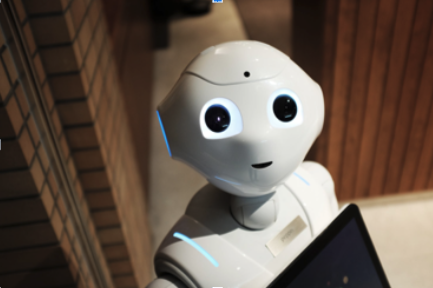By Natasha Pietrobuono
Artificial Intelligence (A.I), an integral part of our future, has been developed and created to ensure workplaces are more human-like, further enhancing automation in the workplace.
As new A.I systems acquire a range of skills including cognitive abilities, repetitive and physical tasks, as well as quantitative tasks such as programming and data science, the benefits of AI will push human professionals and have them thriving up the skillset ladder.
Even as A.I pushes against its limitations to try and obtain unique human-like skills that current types of machines are unable to automate such as social abilities, creativity, empathy, and common-sense decision making, humans will continue to have the ability to outperform machines in jobs requiring imagination and relationship-building.
Although robotics may be feared because individuals believe that their productivity improvement will steal people’s jobs, human workers and machines can create a human-machine collaboration to work symbiotically together.
While machines will continue to learn to carry out simpler tasks such as crunching data or following processes, it is hoped that they will have the ability to detect when a human is struggling in order to offer assistance or alternatively they can actively request help from humans if the job is beyond their capabilities.
Collaboration between humans and machines will allow for high quality performance, and the re-design of jobs for a variety of sectors. This will further allow for workspaces and workflows to evolve, allowing for the creation of a large number of new jobs that will mainly revolve around quantitative reasoning skills as well as supporting knowledge of specific digital and A.I technologies.

